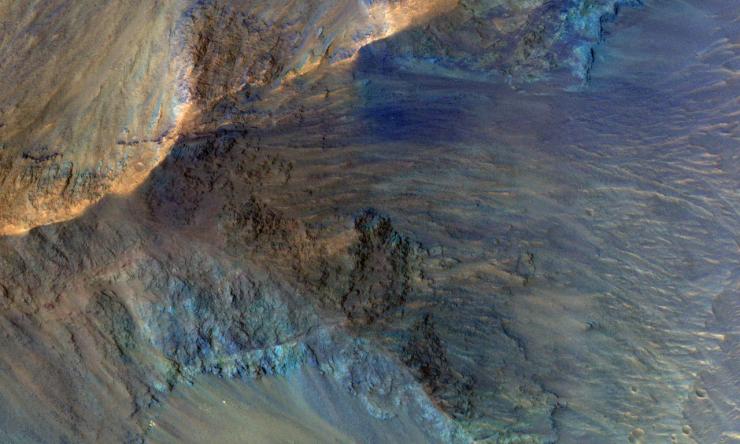Space health institute awards six postdoctoral fellowships
The Translational Research Institute for Space Health (TRISH), a consortium led by Baylor College of Medicine, has awarded postdoctoral fellowships to six outstanding early career scientists working in space-translatable life sciences.
Each awardee will undertake a two-year project that addresses challenges to astronaut health during deep-space exploration missions.
“TRISH is invested in providing support, guidance and training for the next generation of space health researchers,” said Dr. Dorit Donoviel, director of the Translational Research Institute for Space Health. “They are the future,” she added.
The postdoctoral fellows are:
Morgan Anderson, Ph.D, NASA Ames Research Center
Monitoring Biomarkers for Muscular Atrophy Using Nanoelectronic Chip for Astronaut Health
Mentor: Jessica Koehne, Ph.D.
Andrew Ford, Ph.D., Tufts University
Investigating The Combinatorial Effects Of Intraocular Pressure And Hypobaric Hypoxia On Corneal Function
Mentor: David Kaplan, Ph.D.
Miguel Jimenez, Ph.D., Massachusetts Institute of Technology
In Situ Expression Analysis of Therapeutic Microbes with Gastrointestinal Devices
Mentor: Robert Langer, ScD
Frederico Kiffer, Ph.D., Children's Hospital of Philadelphia
Effects of Galactic Cosmic Radiation on Translationally-Relevant Cognitive Behaviors and Response to Social Stress
Mentor: Amelia Eisch, Ph.D.
Eloise Pariset, Ph.D., NASA Ames Research Center
Investigation of blood-based circulating biomarkers of responses to space radiation
Mentor: Sylvain Costes, Ph.D.
Rachel Vitali, Ph.D., University of Michigan
Scientific Physical And Operations Characterization (SPOC) – Capturing Physical Terrestrial Fieldwork In Context
Mentor: Leia Stirling, Ph.D.
The Translational Research Institute for Space Health leads a national effort in translating cutting-edge terrestrial research into applied risk mitigation strategies for the human exploration of deep space. TRISH works in partnership with NASA’s Human Research Program through a cooperative agreement. The institute is a consortium led by Baylor College of Medicine and includes the California Institute of Technology and the Massachusetts Institute of Technology.
Learn more about the Translational Research Institute for Space Health.







 Credit
Credit


